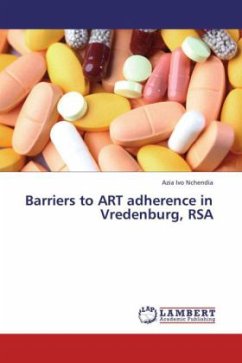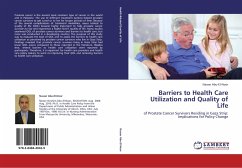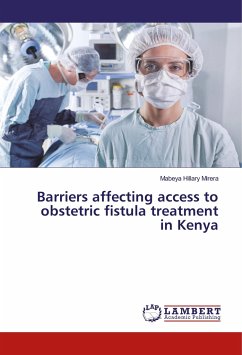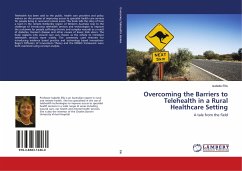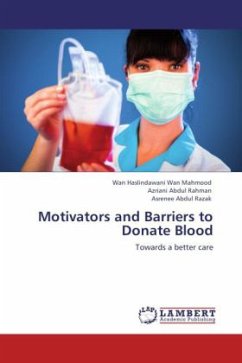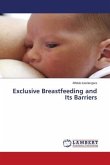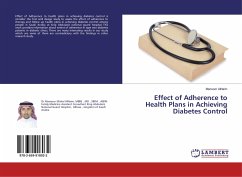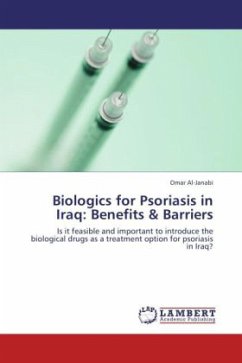AIDS has been a stigmatized disease considered by many people as an illness with a death sentence since its onset in the early 1980s. However, the utilization of ART following their introduction in the early 1990s has changed the nature of AIDS from the disease with a death sentence to a chronic and more controllable one. To enjoy this benefits of ART use, patients must subject to an uncompromising adherence of taking at least 95% of ART as prescribed or face the fatal consequences of inadequate adherence. Achieving a hundred percent treatment success rate is still a major challenge to governments, healthcare providers and patients due to the presence of many barriers to good adherence within them. Given that adherence is a dynamic process and paramount in the management of AIDS, this work, which explored current barriers to adherence as well as motivators and facilitators of optimum adherence among patients in a public ART programme in Vredenburg, will be an excellent resource to equip healthcare providers, ART users, policymakers, programme managers and other professionals with new knowledge required to effectively support and maintain good adherence in diverse settings
Bitte wählen Sie Ihr Anliegen aus.
Rechnungen
Retourenschein anfordern
Bestellstatus
Storno

